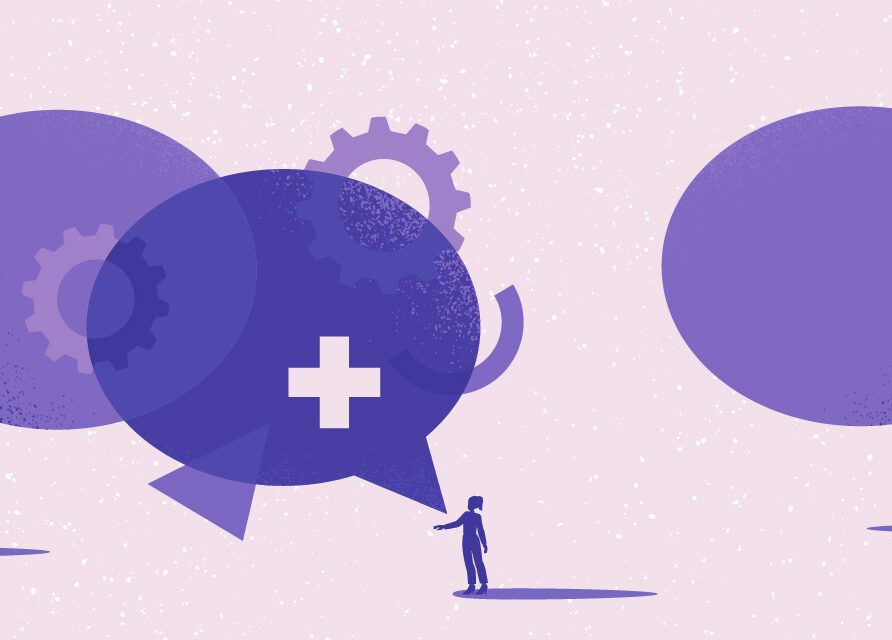Article
Recognizing the early signs of burnout
* This content was originally published prior to N. Harris Computer Corporation’s 2022 acquisition of the Allscripts Hospital and Large Physician Practice business segment. Our business is now known as Altera Digital Health.
Burnout in healthcare professionals has been an ongoing concern for years and the COVID-19 pandemic has only compounded the problem. There are numerous factors that contribute to burnout, but one thing is for certain: burnout doesn’t happen suddenly, or all at once. It is a buildup of mental, physical and emotional fatigue that eventually becomes overwhelming.
While burnout can present itself in various ways across different people, it’s important to be aware of the early signs and symptoms of burnout before a full mental health crisis occurs. Here are a few things to look out for in yourself and your colleagues:
Tiredness that doesn’t go away with adequate rest. Even after a full night of sleep, people beginning to suffer from burnout feel a deep level of tiredness that they can’t seem to shake. In the experience of my colleagues, many clinicians beginning to experience burnout express sentiments essentially saying, “I’m tired all of the time” or “All I want to do is sleep.” People suffering from this fatigue often find that it affects other aspects of their life, such as exercising regularly and healthy eating, which in turn feeds into the feeling of exhaustion. It’s important to note that this is a warning sign for depression as well.
Becoming sick more frequently. Consistently high levels of stress that contribute to burnout also affect the immune system. Essentially, the body’s immune system becomes weakened, which causes it to become more susceptible to viruses and bacteria. This is especially dangerous for clinicians working directly with COVID-19 patients as it increases their own risk of becoming infected.
Every problem feels like a major crisis. When people become burned out, they no longer have the mental resources to differentiate between a small problem and an actual crisis. Everything is overwhelming.
Shortened attention span and lack of engagement. When suffering from stress on a nearly nonstop basis, it can become difficult to focus on tasks, and this can lead to a rise in mistakes. This puts the safety of both patients and clinicians at risk.
Perfectionism. Conversely, some people experiencing the onset of burnout may respond to stress by becoming hyper-focused on their tasks. If something isn’t completely perfect, they may have an overly emotional response, even if the mistake was small and inconsequential.
Becoming short-tempered or avoidant. These behaviors often have a negative impact on relationships with family, friends and patients. In particular with patients, this leads to lower levels of satisfaction and engagement.
Experiencing other emotional disturbances such as depersonalization, compassion fatigue or imposter syndrome. Those experiencing depersonalization feel distant, detached or like they’ve lost all sense of who they are. Compassion fatigue is the inability to feel empathy for patients or others. And finally, imposter syndrome is described as a “chronic feeling of self-doubt,” such as a physician who feels incapable of performing well.
It’s critical to understand these warning signs so that healthcare professionals can recognize impending burnout in themselves or their peers, and take action. For individuals at a breaking point, seeking help from a mental health professional is paramount. At an individual level, implementing self-care habits such as scheduling exercise, vacations and days away from work can be helpful. Even more important, steps must be taken at an organizational level to address the factors that contribute to burnout. Improvements in EHRs and practice efficiencies are a good place to start, and we have resources to help. To learn more about how our solutions can improve your efficiency, go here.













